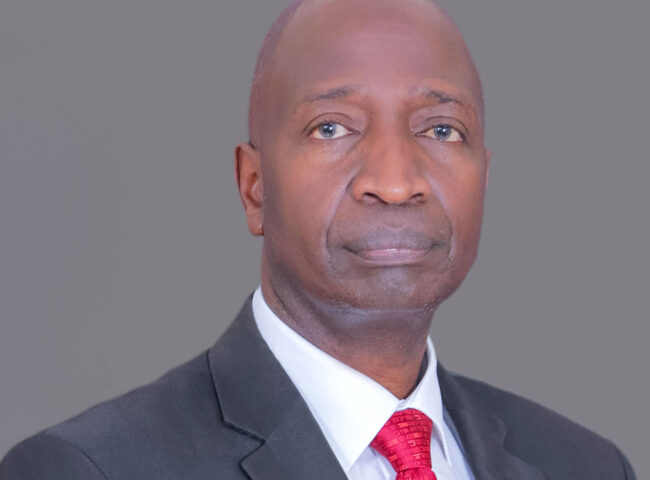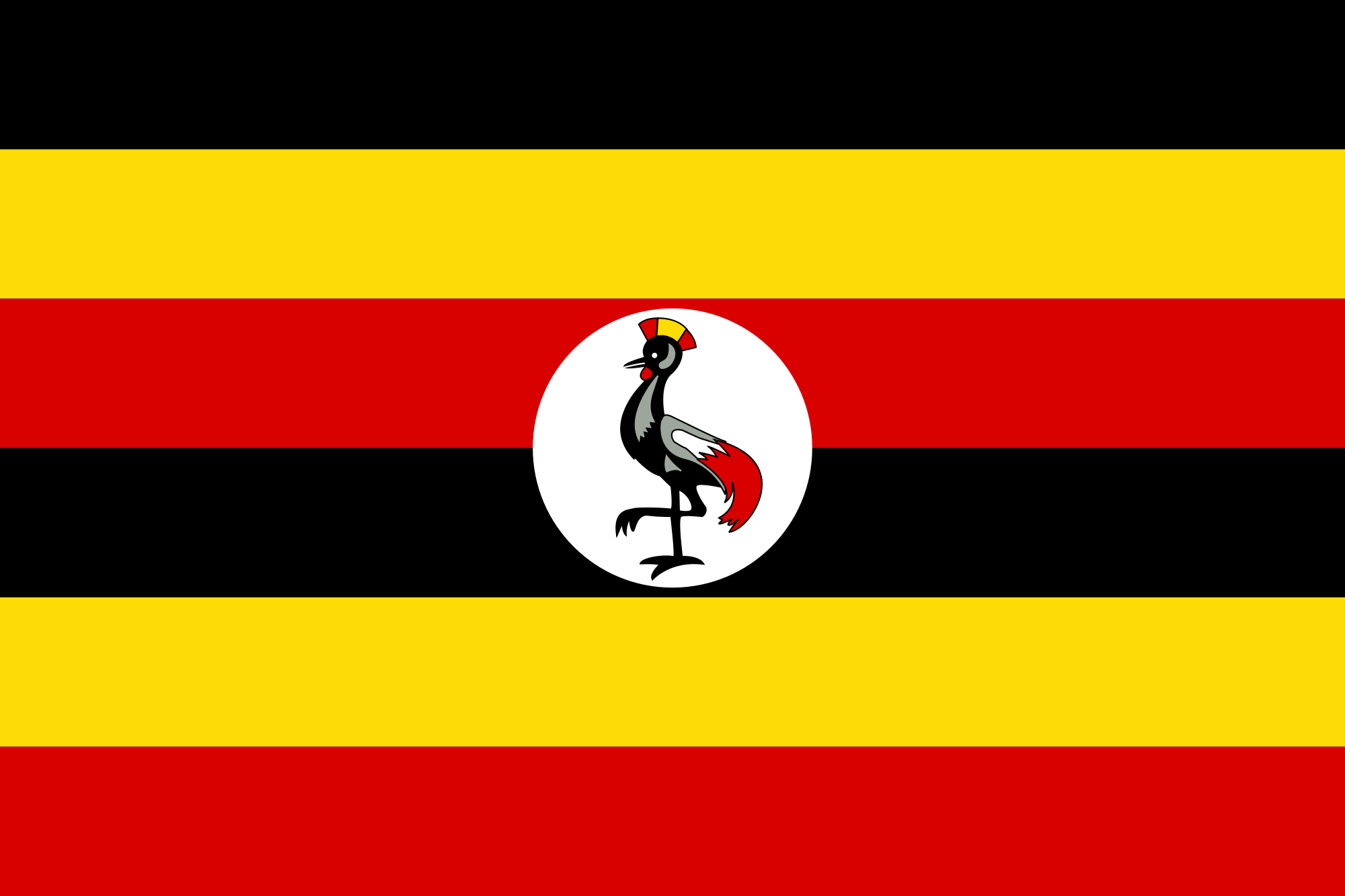The granting of new licences, along with the setting up of institutions created by the Petroleum Bill, will be a test of the new law. FILE Nation Media Group
IN SUMMARY
- Kenya also plans to introduce a new licensing round following recent gas and oil finds in the northern regions.
- The granting of new licences, along with the setting up of institutions created by the Petroleum Bill, will be a test of the new law, drawing major interest from both investors and the public in Uganda.
Government officials in Uganda’s oil sector are expected to announce a new round of licensing for exploration in 2013. Kenya also plans to introduce a new licensing round following recent gas and oil finds in the northern regions.
Investors and other key stakeholders eagerly await the announcements.
Besides the massive offshore gas discoveries in Tanzania, Uganda’s oil, first discovered in 2006, is the most anticipated in the region. The year was characterised by a standoff over the recently passed petroleum law in Uganda.
The granting of new licences, along with the setting up of institutions created by the Petroleum Bill, will be a test of the new law, drawing major interest from both investors and the public in Uganda.
Aside from the bruising political jostling with lawmakers, the government has been pushing for stronger contractual terms with oil companies.
The Ugandan government has also taken a different view on commercialisation of the sector by choosing a refinery over a pipeline. The result has been a series standoffs with strongly entrenched positions by the government against private sector demands, causing almost no progress in the oil sector.
The year ends with several unresolved disputes over taxation. In London, a messy dispute with Heritage Oil & Gas over capital gains tax is awaiting adjudication. It arises from Heritage’s sale of its assets to Tullow Oil in 2010.
READ: Uganda plays hardball with Tullow over $1.3b windfall
The Ugandan government spent thousands of dollars to field a legal defence of its claim for $435 million from this transaction, whose root lies in apparent arbitration clauses in the Production Sharing Agreements (PSAs). While remaining secret, the PSAs and their negotiation have been a legal minefield.
In a speech to parliament on the passing of the Upstream Bill, President Yoweri Museveni spoke of battling it out on tax shields for oil companies known as stabilisation clauses, which had subsequently held up Tullow’s efforts to pass on the assets it had acquired from Heritage Oil & Gas.
As its own relationship with the government suffered, Tullow filed tax arbitration with the International Centre for the Settlement of Investment Disputes, an arm of the World Bank. The case, registered as ICSID No ARB/12/34, concerns value added tax. Tullow Oil and its partners Total E&P and China National Offshore Oil Corporation (CNOOC) have been de-registered for VAT purposes and have to pay tax on inputs for their national programmes, meaning they will not be recoverable expenses anymore.
This is a major write-off on the inventory of oil companies, which the government feels confident enough to revoke.
Seeking response
In an e-mail response to The EastAfrican, Tullow Oil said it was “confident the issues will be resolved in the context of a sustainable indirect tax framework.”
Queries to the Uganda government went unanswered as the regulator, Petroleum Exploration and the Production Department (PEPD), referred the writer to the Uganda Revenue Authority, which in turn said the writer should seek clarification from the Attorney-General’s office.
Having the right of taxation being determined abroad has been deeply embarrassing for the government. It points to the poor quality of contract negotiation by the government, raising concerns over collusion (Tullow’s case relies on terms on the PSA for Block 2) and has tied up hundreds of millions in expected revenue.
The companies, particularly Tullow, have found the government brittle in negotiations because of this baggage. For example, no production licences have been approved almost a year to the signing of the $2.9 billion Tullow farm down to Total and CNOOC.
READ: Landmark deal means Uganda’s oil to flow in 2015
The new licences promise to bring positive pressure to the bargaining table. Focus on exploration, which has thus far been successful, could potentially upgrade Uganda’s prospects, now at 3.5 billion barrels, to an estimated 10 billion barrels or more.
This also changes the calculus for all parties and could take some of the pressure away from the tax quagmire. New discoveries strengthen the refinery option as well as the pipeline.
Uganda and Kenya’s Ministries of Energy this month put out bids for a refined petroleum pipeline, which can also carry crude, to connect the two countries. This signals a compromise reached by the two countries. The process of attracting new players will also be of interest.
READ: AfDB to support East Africa joint oil infrastructure plan
Uganda’s new law gives the minister wide discretion — one that can be exercised in granting acreage to the National Oil Company for example.
However, President Museveni has indicated that the configuration of participating companies must also fit broader national security goals. He has also personally sought to attract bilateral partners to Uganda suggesting that where private capital and the market are less amenable, sovereign wealth funds through bilateral deals could be an alternative.
The president has this year visited Israel, Iran, Malaysia and recently Russia in a bid to attract state partners for the refinery. The talks with Russia, a major supplier of military hardware to Uganda, involved the state-owned company Lukoil.
Executive supervision of the oil sector to bring it in line with politically contentious goals such as “national security,” raises concerns over how open the process of licensing will be.
President Museveni has hinted that government policy will not look favourably at licensing companies from countries deemed “hostile to Uganda.”
He has also adopted a very public criticism of “Western imperialism” putting the oil sector — domestically entangled in a debate on corruption — in the crosshairs of foreign policy watchers.










